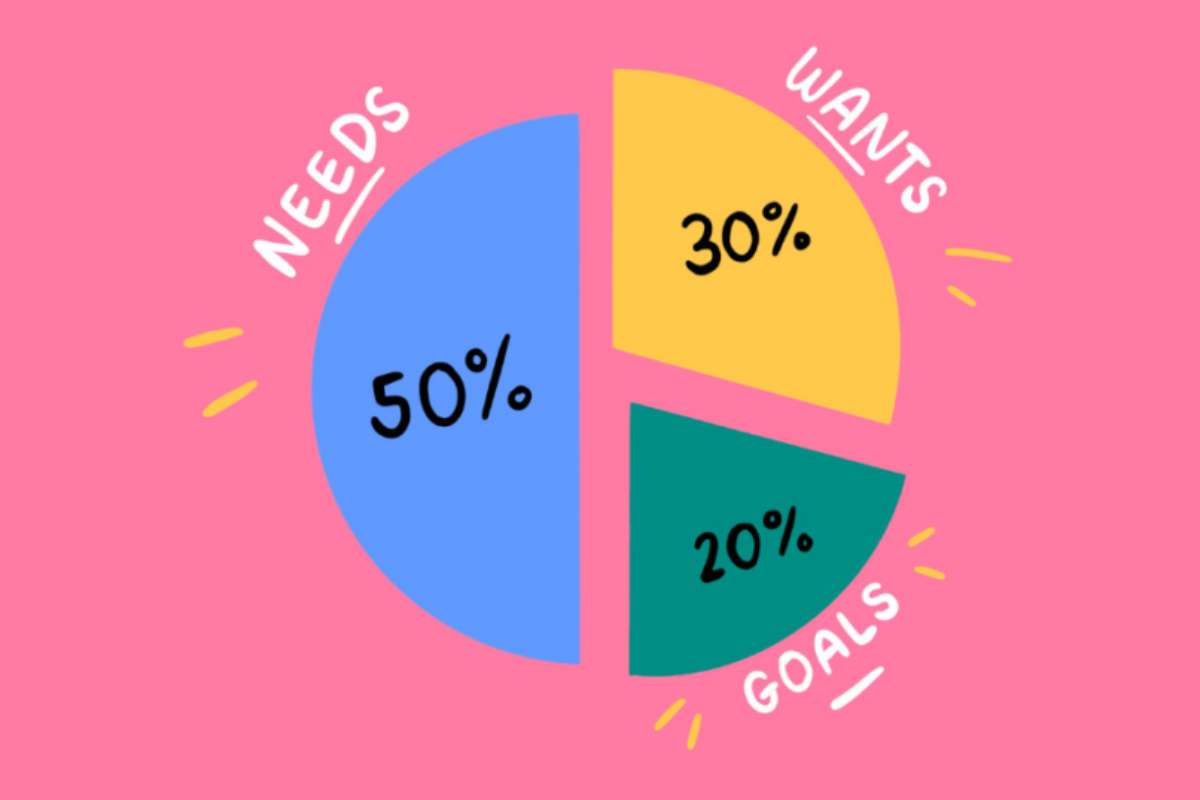In a world where expenses seem to rise faster than incomes, mastering the art of frugal living can significantly impact your financial well-being. Contrary to popular belief, frugality isn’t about deprivation; it’s about making smart choices to maximize value and minimize waste. This guide explores various strategies and hacks for saving money without compromising on quality, helping you achieve financial stability and freedom.
Understanding Frugal Living
Frugal living involves conscious spending and prioritizing value over frivolous expenses. It’s about:
- Making deliberate choices: Opting for quality and durability over trends and instant gratification.
- Maximizing resources: Using what you have efficiently and reducing waste.
- Building financial resilience: Saving and investing for long-term goals.
By adopting frugal living principles, you not only save money but also contribute to a more sustainable lifestyle.
Why Embrace Frugal Living?
Before diving into the practical tips, let’s explore why frugal living is beneficial:
- Financial Security: It allows you to build an emergency fund and prepare for unexpected expenses.
- Debt Reduction: By cutting unnecessary expenses, you can allocate more funds towards paying off debt.
- Achieving Goals: Whether it’s buying a home, traveling, or investing, frugal living helps you reach your financial milestones sooner.
Practical Frugal Living Hacks

Now, let’s delve into actionable tips and strategies to incorporate frugal living into your daily routine:
1. Create a Budget and Stick to It
It starts with understanding your income and expenses. Create a budget that outlines your monthly income sources and fixed expenses. Track variable expenses like groceries, dining out, and entertainment. Allocate a portion of your income towards savings and financial goals.
2. Prioritize Needs Over Wants
Distinguish between essential needs and discretionary wants. Focus on fulfilling needs first, such as housing, utilities, and groceries. Limit spending on wants like dining out, entertainment, and shopping. This approach ensures that your essential expenses are covered before indulging in non-essential purchases.
3. Embrace Minimalism
Saving Money and reducing clutter go hand in hand. Adopt a minimalist lifestyle by decluttering your home and focusing on quality over quantity. Invest in versatile, long-lasting items rather than buying cheap, disposable products. Minimalism not only saves money but also promotes a clutter-free, stress-free environment.
4. Cook Meals at Home
Eating out can be expensive and often less healthy than homemade meals. It is by planning and preparing meals at home. Use budget-friendly ingredients, plan meals for the week, and pack lunches for work or school. Cooking at home not only saves money but also allows you to control portion sizes and ingredients.
5. Use Coupons and Discounts

Take advantage of coupons, loyalty programs, and promotional offers to save on groceries, household items, and entertainment. It on everyday purchases can add up over time. Look for online coupon codes, sign up for store newsletters, and compare prices before making a purchase.
6. Negotiate Bills and Expenses
Don’t hesitate to negotiate bills and expenses such as cable, internet, and insurance. Many providers offer discounts or promotional rates for new customers. It is by calling your service providers to inquire about available discounts or negotiating a better deal. Loyalty does not always result in the best rates, so be proactive in seeking savings opportunities.
7. DIY Projects and Repairs
Learn basic DIY skills for home maintenance and repairs. Saving Money by fixing minor issues yourself, such as leaky faucets or simple car maintenance. DIY projects can also include crafting gifts or household items rather than buying them. Embracing a hands-on approach not only saves money but also builds valuable skills.
8. Buy Secondhand and Shop Smart
Explore thrift stores, consignment shops, and online marketplaces for quality secondhand items. From clothing and furniture to electronics and books, buying secondhand can save significant amounts of money. Saving Money and reducing waste by giving items a new lease on life. Before making a purchase, consider the item’s condition, quality, and long-term value.
9. Cancel Unused Subscriptions and Memberships
Review your monthly subscriptions and memberships regularly. Saving Money by canceling unused or unnecessary subscriptions. Consider alternatives like free apps or services that offer similar benefits. Subscriptions can add up quickly, so prioritize those that bring the most value to your life.
10. Plan Shopping Trips and Avoid Impulse Purchases
Create a shopping list before heading to the store or shopping online. Stick to your list and avoid impulse purchases. Saving Money and staying focused on essential items. Compare prices, look for sales or discounts, and consider bulk purchasing for items you regularly use. Planning reduces the temptation to overspend.
11. Practice Energy Efficiency
Reduce energy consumption to lower utility bills. Saving Money by turning off lights and appliances when not in use, using energy-efficient appliances, and improving home insulation. Consider investing in programmable thermostats and LED light bulbs to further reduce energy costs. Small changes in energy usage can lead to significant savings over time.
12. Explore Free or Low-Cost Entertainment Options
Enjoy entertainment without breaking the bank. Saving Money by attending community events, visiting local parks or museums on free admission days, or borrowing books and movies from the library. Many cities offer free concerts, festivals, and cultural events throughout the year. Embrace opportunities for affordable entertainment that align with your interests.
13. Use Cash Back and Rewards Programs
Take advantage of cashback and rewards programs offered by credit cards and retailers. Saving Money by earning cash back on everyday purchases or accumulating points for discounts or freebies. Compare rewards programs to find the best options for your spending habits and financial goals.
14. Invest in Quality for Long-Term Savings

While it may seem counterintuitive, investing in quality items can save money in the long run. Saving Money by purchasing durable goods that require less frequent replacement or repair. Quality products often come with longer warranties and better performance, reducing lifetime costs compared to cheaper alternatives.
15. Review and Adjust Regularly
Monitor your progress and adjust your budget and spending habits as needed. Saving Money by identifying areas where you can cut back further or reallocate funds towards savings or debt repayment. Stay committed to your financial goals and celebrate milestones along the way.
Visionary CIOs are adept at leveraging technology to streamline operations and drive cost efficiencies, crucially impacting ‘Saving Money’ initiatives across organizations. By championing innovative solutions like automation, cloud optimization, and predictive analytics, they not only reduce overheads but also foster a culture of fiscal responsibility. Embracing agile methodologies and strategic IT investments, these leaders empower teams to identify and eliminate wasteful spending while enhancing overall productivity. In today’s competitive landscape, the role of a visionary CIO extends beyond traditional IT management to catalyze financial savings and sustainable growth, positioning the organization for long-term success
Conclusion
Frugal living is a mindset that empowers you to make intentional choices about how you spend and save money. By incorporating these frugal living hacks into your lifestyle, you can achieve financial stability, reduce stress, and pursue your long-term goals with confidence. Remember, Saving Money isn’t about sacrifice; it’s about making smart, sustainable decisions that enhance your quality of life while safeguarding your financial future.
Embrace the journey towards frugal living today and discover the countless rewards it brings. Start implementing these strategies and watch as your savings grow, your debt diminishes, and your financial freedom expands. Saving Money is just the beginning of a more fulfilling and financially secure future.


















